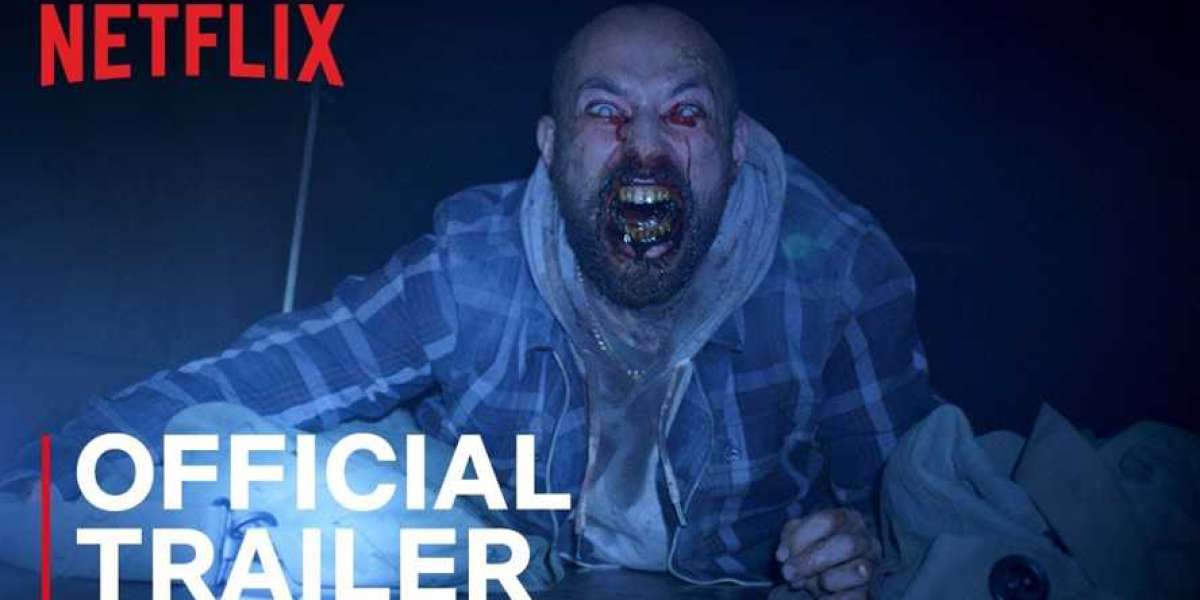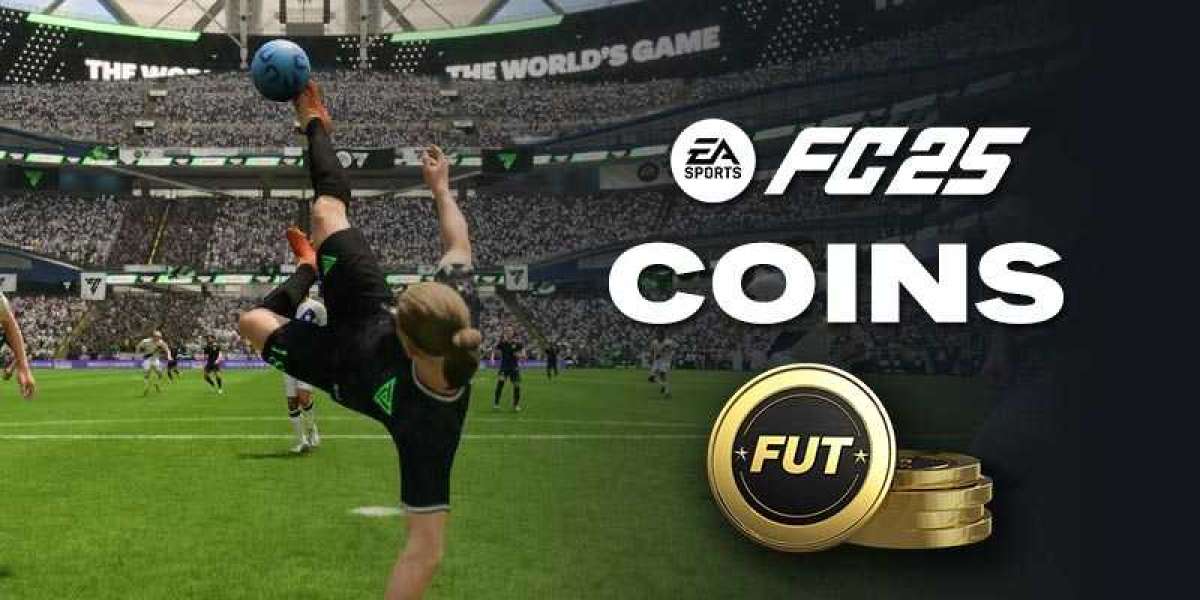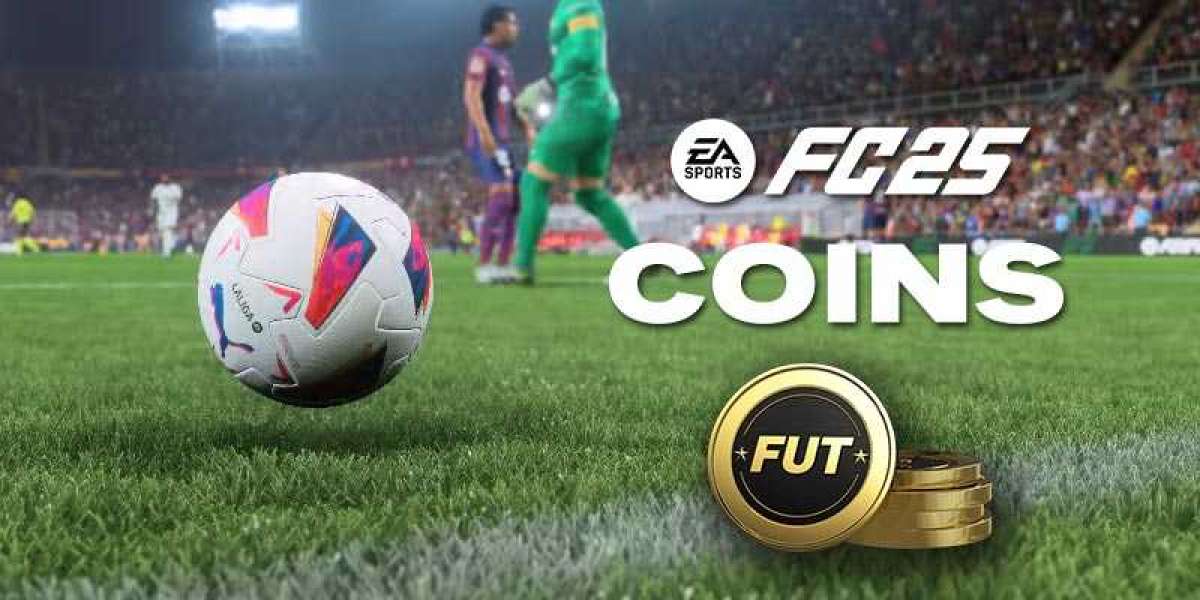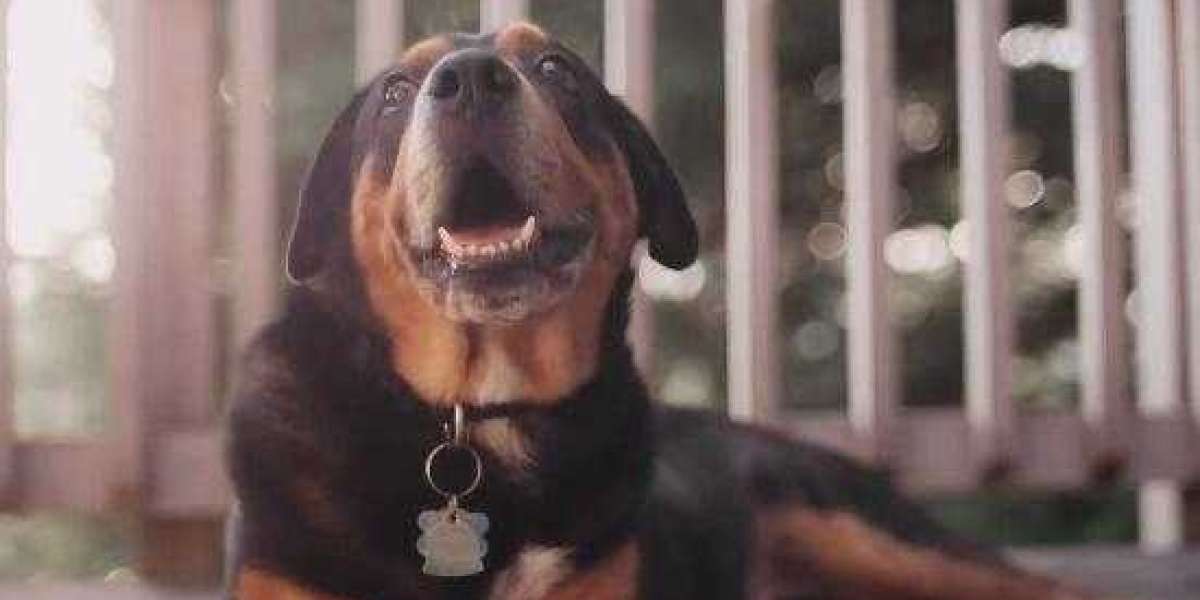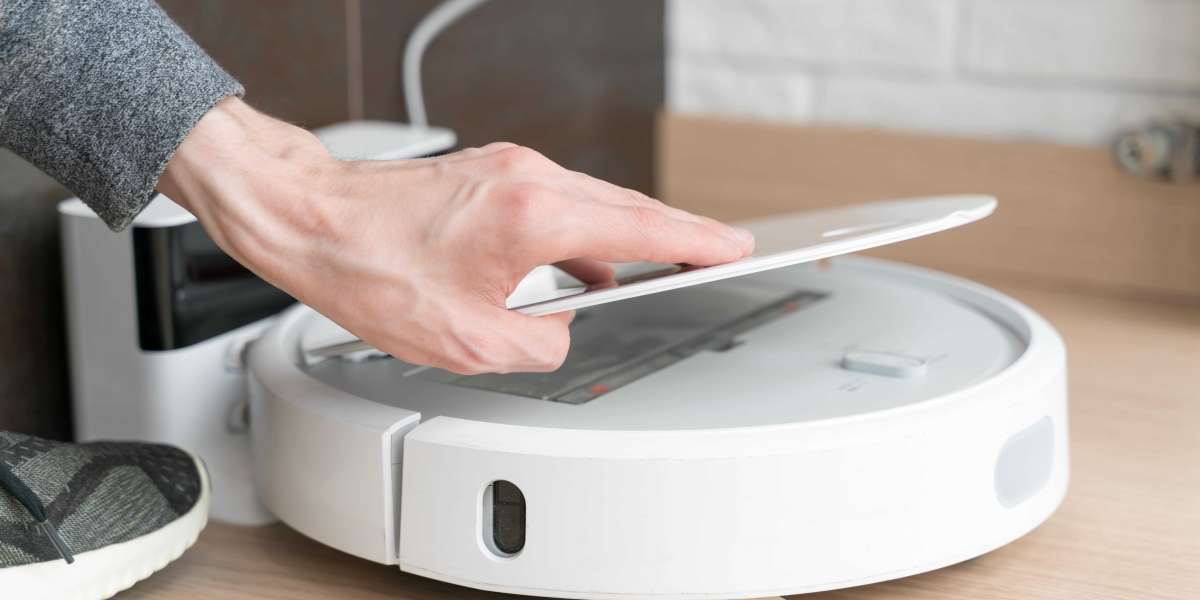In PlayerUnknown's Battlegrounds (PUBG), understanding and mastering the core positioning of your role is crucial for maximizing your effectiveness and ensuring team success. Whether playing solo, duo, or squad, each player has a role to fulfill, and knowing how to position oneself within that role can make all the difference. Here, I'll break down the fundamental roles in PUBG, their core positioning strategies, and why these aspects are vital for a winning game. When you embark on your journey, mmowow items can lend a helping hand when you need help.
Core Roles in PUBG and Their Positioning
1. The Fragger
The Fragger, often the most aggressive player, is responsible for leading the charge and securing kills. This role requires sharp aim, quick reflexes, and a fearless attitude. Core positioning for a Fragger involves being at the forefront of engagements, ready to take on enemies head-on. However, it's not just about running blindly; smart positioning means using cover effectively, choosing advantageous angles, and always being mindful of potential escape routes.
For the Fragger, it's essential to read the battlefield, understand where enemies might be, and position oneself to exploit weaknesses. Whether it's holding a tight angle to catch opponents off guard or flanking to apply pressure, Fragger's positioning directly impacts the team's offensive capabilities.
2. The Scout
The Scout's primary role is to gather information and provide intel on enemy positions. This role requires keen observation skills and the ability to move stealthily. The Scout's core positioning strategy involves staying ahead of the team, often in a slightly forward or off-angle position, to spot threats before the rest of the squad encounters them.
A good Scout uses high ground, ridgelines, and vantage points to survey the area. They must also be adept at navigating through terrain quietly, avoiding detection while relaying crucial information back to the team. The Scout's positioning is vital for planning the team's next moves, whether it's to engage, retreat, or reposition.
3. The Support
The Support role focuses on keeping the team alive and well-equipped. This player carries extra healing items, ammunition, and utility, ready to assist teammates in need. Core positioning for the Support involves staying close enough to provide aid but not so close as to be caught in the thick of the fight.
Support players must be situationally aware, positioning themselves in safe spots where they can quickly reach teammates. They often hang back during engagements, ready to revive fallen allies or toss smoke grenades to cover retreats. The Support's positioning ensures the team's longevity and sustainability in prolonged battles.
4. The Strategist (In-Game Leader)
The Strategist, or In-Game Leader (IGL), is the tactical brain of the team. This player makes strategic calls, plans rotations, and coordinates the team's actions. Core positioning for the IGL is flexible, as they need to adapt to the team's needs. Sometimes they lead from the front, other times they position themselves centrally to maintain oversight.
An effective IGL understands the importance of positioning for both themselves and their team. They must be able to see the bigger picture, positioning the team in advantageous locations for ambushes, defensive holds, or strategic retreats. The IGL's positioning is critical for maintaining control over the flow of the game.
The Importance of Role-Based Positioning
Proper positioning according to one's role is not just about individual safety; it's about maximizing the team's overall effectiveness. Each role complements the others, and when players position themselves correctly, the team operates like a well-oiled machine.
Enhanced Team Coordination: When each player knows their role and positions themselves accordingly, communication becomes clearer, and coordination improves. The team can execute strategies more efficiently, whether it's setting up a defensive perimeter, ambushing an enemy squad, or rotating to a new position.
Increased Survivability: Proper positioning enhances survivability. By staying in the right positions, players reduce their exposure to enemy fire, avoid unnecessary risks, and provide mutual support. This is particularly important in high-stakes situations, such as final circles, where every decision counts.
Strategic Advantage: Teams that master role-based positioning gain a strategic edge. They can control key areas of the map, set up effective crossfires, and respond quickly to changing situations. This control often leads to better loot, advantageous positioning in the safe zone, and ultimately, a higher chance of winning the match.
In PlayerUnknown's Battlegrounds (PUBG), success hinges on understanding and mastering different roles within a team. Each role comes with specific responsibilities and skill sets, crucial for achieving victory. I'll dive into six distinct roles, outlining their core duties and providing practical skills for excelling in each. Mastering these roles and skills can elevate your gameplay, making you a valuable asset to any team. Additionally, I'll introduce the concept of PUBG G-Coins and how to use them wisely.
1. The Fragger
Responsibilities:
The Fragger is the team's primary damage dealer, taking on the brunt of engagements and securing kills. This role involves leading attacks, pushing enemy positions, and often making the first move in firefights.
Skills to Master:
Aim and Reflexes: Sharpen aim and quick reflexes through regular practice in training modes. Accurate shots and fast reactions are essential for taking down enemies swiftly.
Map Awareness: Understand the map's geography to predict enemy movements and choose the best positions for engagements.
Aggression Control: Know when to push and when to hold back. Overcommitting can lead to unnecessary risks, so balance aggression with caution.
Importance: The Fragger's effectiveness can turn the tide of battle. A skilled Fragger can eliminate threats quickly, giving the team a significant advantage.
2. The Scout
Responsibilities:
The Scout gathers intel, identifies enemy locations, and provides early warnings about potential dangers. This role requires a keen eye and stealthy movement.
Skills to Master:
Observation: Hone observational skills to spot enemies from a distance, using binoculars or scopes effectively.
Stealth Movement: Move quietly and avoid detection. This involves understanding sound mechanics and choosing routes that minimize exposure.
Communication: Relay information clearly and concisely to the team, ensuring everyone knows enemy positions and potential threats.
Importance: The Scout's information is invaluable for planning strategies and avoiding ambushes. A good Scout can prevent the team from walking into traps and help set up successful engagements.
3. The Support
Responsibilities:
The Support role focuses on keeping the team supplied and healthy. This includes carrying extra ammo, healing items, and utility equipment.
Skills to Master:
Resource Management: Efficiently manage inventory, balancing between carrying enough supplies and staying mobile.
Healing: Be quick and accurate when reviving teammates or distributing healing items during combat.
Utility Usage: Master the use of grenades, smokes, and other utility items to support the team in both offensive and defensive scenarios.
Importance: The Support ensures the team's sustainability during extended fights, allowing them to stay in the game longer and handle multiple engagements.
4. The In-Game Leader (IGL)
Responsibilities:
The IGL is the tactical brain of the team, making strategic decisions and guiding the team's movements and engagements.
Skills to Master:
Strategic Thinking: Develop strategies for different scenarios, from early-game looting routes to late-game positioning.
Decision Making: Make quick and decisive calls, especially in high-pressure situations where the team's survival depends on it.
Adaptability: Adapt strategies on the fly based on the changing dynamics of the match, such as safe zone shifts or unexpected enemy encounters.
Importance: The IGL's leadership and decision-making are crucial for maintaining team cohesion and executing successful strategies. A strong IGL can lead a team to victory through superior tactics.
5. The Sniper
Responsibilities:
The Sniper takes long-range engagements, providing overwatch and picking off enemies from a distance. This role requires patience and precision.
Skills to Master:
Precision Shooting: Develop pinpoint accuracy for hitting targets at long ranges, accounting for bullet drop and travel time.
Positioning: Find and use high ground or concealed locations to take shots without exposing oneself.
Target Prioritization: Identify and eliminate high-priority targets, such as enemy Snipers or key players in enemy teams.
Importance: The Sniper can control large areas of the battlefield and eliminate threats before they become problems. A skilled Sniper disrupts enemy movements and supports the team from afar.
6. The Flanker
Responsibilities:
The Flanker focuses on outmaneuvering enemies, attacking from unexpected angles, and creating confusion among opposing teams.
Skills to Master:
Route Planning: Plan and execute flanking routes that avoid confrontation until the right moment.
Timing: Coordinate with the team to ensure flanking maneuvers are timed perfectly, hitting the enemy when they're most vulnerable.
Adaptability: Quickly adapt to changing situations, whether it means aborting a flank or engaging directly.
Importance: The Flanker creates opportunities for the team by breaking enemy lines and forcing them to divide their attention. A well-timed flank can disrupt enemy plans and secure critical kills.
PUBG G-Coins: The Basics and Usage
Concept:
PUBG G-Coins are the in-game currency used to purchase various items, such as skins, crates, and premium content. Acquiring G-Coins usually involves spending real money, making them a valuable resource.
Using G-Coins Wisely:
Prioritize Essential Purchases: Focus on items that provide value, such as unique skins or passes that offer rewards. Avoid spending G-Coins on items that don't enhance your gameplay experience.
Wait for Sales: Take advantage of discounts and sales events to maximize the value of your G-Coins. Patience can save significant amounts of G-Coins, allowing you to get more for less.
Avoid Impulse Buys: Plan your purchases carefully and avoid impulsive spending. Consider whether an item is truly worth the cost and if it fits your playstyle. Due to its multiple uses in the game, some players will choose to buy pubg g coins for sale from a safe and reliable supplier.
Mastering these roles and using G-Coins wisely can significantly enhance your PUBG experience. By understanding the responsibilities and skills associated with each role, players can better contribute to their team's success. Additionally, using G-Coins thoughtfully ensures that you're making the most of your in-game resources, enhancing both your gameplay and overall enjoyment.

